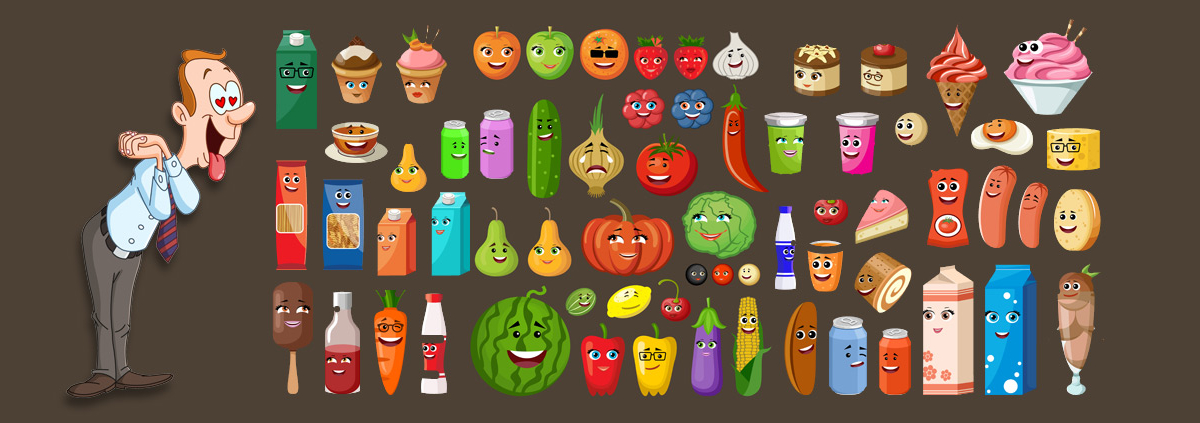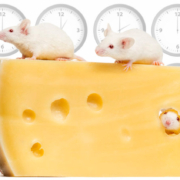Lessons from the Starvation Study
The analysis of data in the Minnesota Starvation Study was immense—1,385 pages in two volumes—but I found two fascinating quotes from interviews with the subjects and lead author Dr. Ancel Keys. Let’s begin with a quote from one of the subjects in an interview 40 years later.
Lesson 1: How You Know You’re Restricting Food Too Much
“I don’t know many other things in my life that I looked forward to being over with any more than this experiment. And it wasn’t so much . . . because of the physical discomfort, but because it made food the most important thing in one’s life. . . food became the one central and only thing really in one’s life. And life is pretty dull if that’s the only thing. I mean, if you went to a movie, you weren’t particularly interested in the love scenes, but you noticed every time they ate and what they ate.”
Harold Blickenstaff, Study Subject
If you try to restrict calories, and you’re obsessed with food all day long, you’re restricting calories too much. For most of us, lowering our intake 10% to 15% by making better choices should not be that noticeable. Yes, it takes a little time to get used to eating a different way, but it shouldn’t create an obsession with food.
Lesson 2: Post-Weight Loss Honeymoon Period
“Enough food must be supplied to allow tissues destroyed during starvation to be rebuilt . . . our experiments have shown that in an adult man, no appreciable rehabilitation can take place on a diet of 2,000 calories a day. The proper level is more like 4,000 calories daily for some months. The character of the rehabilitation diet is important also, but unless calories are abundant, then extra proteins, vitamins, and minerals are of little value.”
Dr. Ancel Keys, Lead Scientist
Caloric restriction is used to lose weight as well as to try and attain the many benefits of long-term caloric restriction. Eventually you reach a point of unity; you achieve your goal weight and that’s where you maintain.
But if you’ve ever reached a weight loss goal, chances are you’ve tempted fate: you experiment to find out if you can eat a little more of your favorite foods. You add little at a time, and you don’t see the scale move—at first. But eventually, the honeymoon period ends and you begin to gain back the weight. It’s happened to me several times. Be aware that it will happen to you. Remember, it’s always about the calories. Keep that in mind and you’ll abandon that weight permanently.
The Bottom Line
One more item from those interviews 40 years later: to a man, the subjects all said they’d do it again. In spite of the deprivation they went through, they knew the knowledge gained was important. I think it speaks to their character to know they would make those sacrifices again.
These two quotes provide us with guidelines. Keep them in mind so you know when you may be overdoing restricting or eating. We’re after the long-term benefits, so keep adjusting until you make it your way of life.
What are you prepared to do today?
Dr. Chet
Reference: J. Nutr. 135: 1347–1352, 2005.









